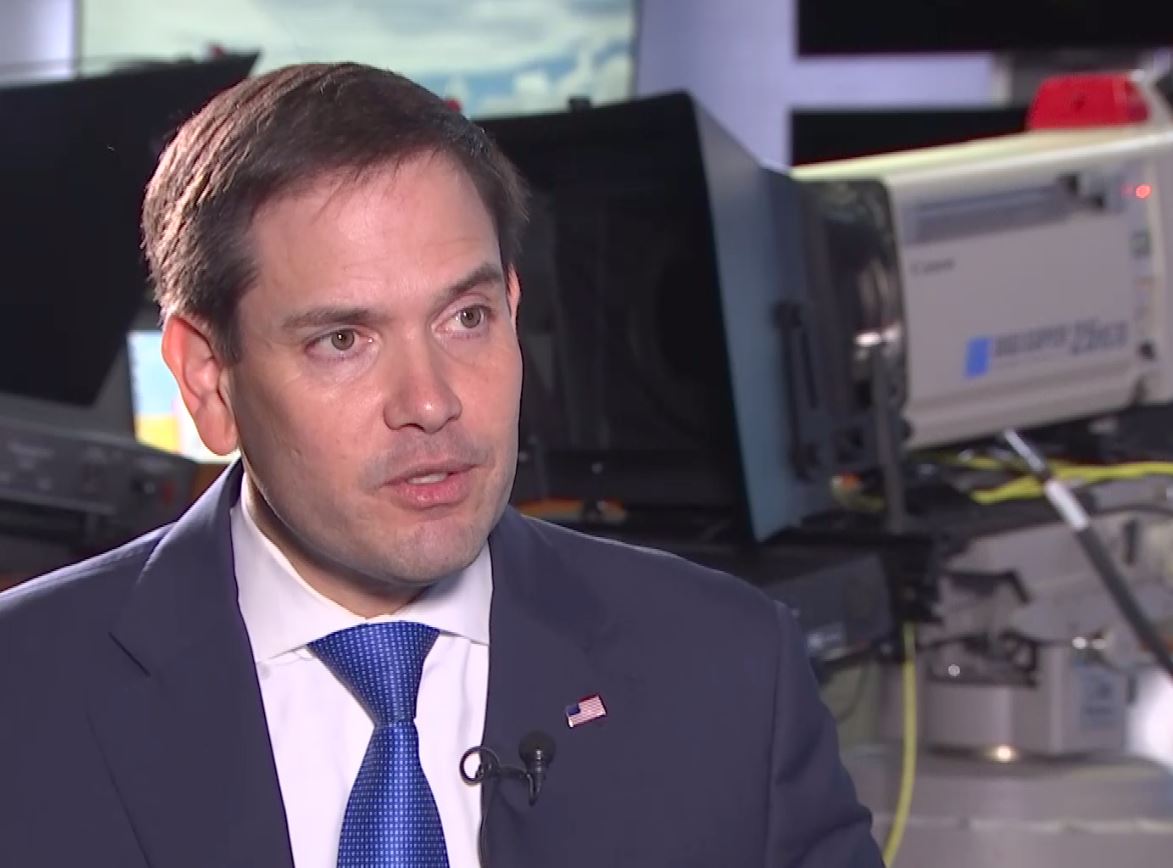
Elon Musk's recent hosting of German far-right figure Björn Höcke at Twitter's Berlin office has sparked widespread concern about potential election interference. Höcke, a known extremist with ties to neo-Nazi groups, has repeatedly made inflammatory statements, including calling for the deportation of foreigners and the exclusion of LGBT+ individuals from society.
Musk'sdecision to host Höcke has raised alarm bells among experts and political analysts. They argue that the meeting provided Höcke with a platform to spread his extreme views and potentially influence the upcoming German federal elections in September 2023.
Social media platforms like Twitter have become crucial tools for political discourse and election campaigning. By hosting Höcke, Musk has essentially legitimized his presence on the platform and potentially amplified his message to a broader audience.
Musk's actions have drawn criticism from a wide range of political and civil society groups. The German government has condemned the meeting, with Foreign Minister Annalena Baerbock stating that Höcke's "ideas have no place in our society."
Meanwhile, some free speech advocates have defended Musk's decision, arguing that it protects the right to express unpopular opinions. They contend that hosting Höcke does not necessarily imply support for his views but allows for a more open and transparent debate.
The concerns surrounding Musk's hosting of Höcke resonate with historical cases of far-right figures using social media to influence elections. In recent years, there have been numerous examples of groups like the Proud Boys and QAnon exploiting online platforms to spread misinformation, hate speech, and conspiracy theories.
The 2016 US presidential election is a prime example of the potential impact of social media on election outcomes. Russian trolls used social media to amplify extreme views and sow discord among voters, contributing to Trump's victory.
Musk's handling of the Höcke controversy has significant implications for upcoming elections in Germany and beyond.
By providing a platform to a known extremist, Musk has potentially undermined public trust in the integrity of the electoral process. This could lead to a decline in voter turnout and a rise in political polarization.
Furthermore, Musk's actions have raised concerns about the potential for foreign interference in elections. If social media platforms are not held accountable for their content moderation practices, they could become conduits for disinformation campaigns aimed at influencing election outcomes.
Elon Musk's hosting of Björn Höcke at Twitter's Berlin office has raised legitimate concerns about election interference and the potential erosion of democratic norms. While free speech is an essential principle, it must be balanced with the need to protect society from extremist ideologies and foreign meddling.
As social media platforms continue to play an increasingly central role in political discourse, it is crucial for policymakers, platform owners, and civil society organizations to work together to establish clear rules and regulations to safeguard the integrity of elections. The consequences of inaction could be far-reaching and undermine the foundations of democratic societies.
